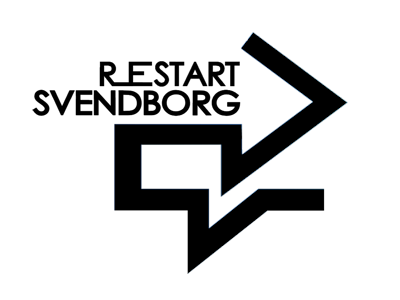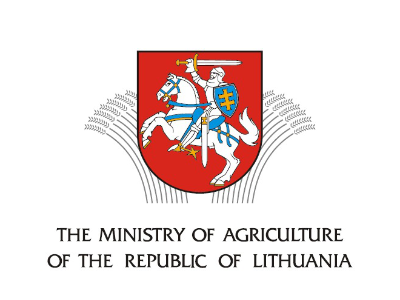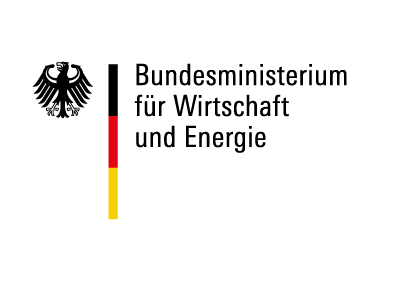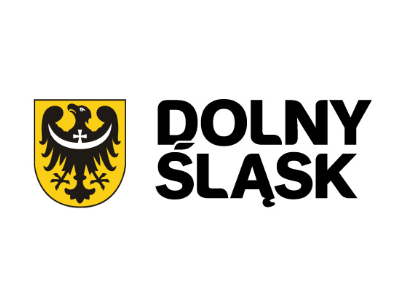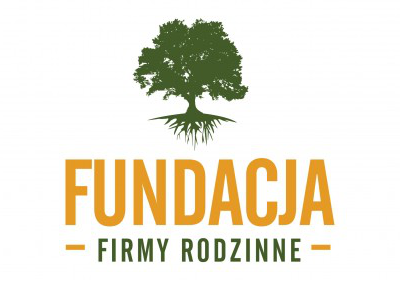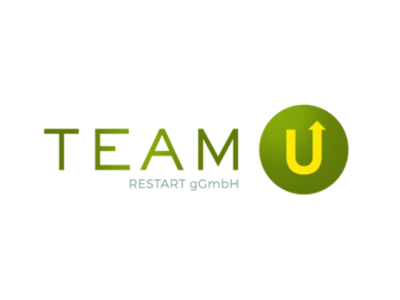Signed consortium

In April 2021, under a joint consortium between the joint B and RescEWE joint reboot tools, which share a common goal - helping entrepreneurs with aid. The partners share the capital and have a common background and are implemented, as well as the currents that are to arise, be the next common capitals. Initiative project experiences will also complement the mentors and experts with experiences related to the projects developed in the projects.
General Letter of Support and Cooperation
IV National Workshops for Poland
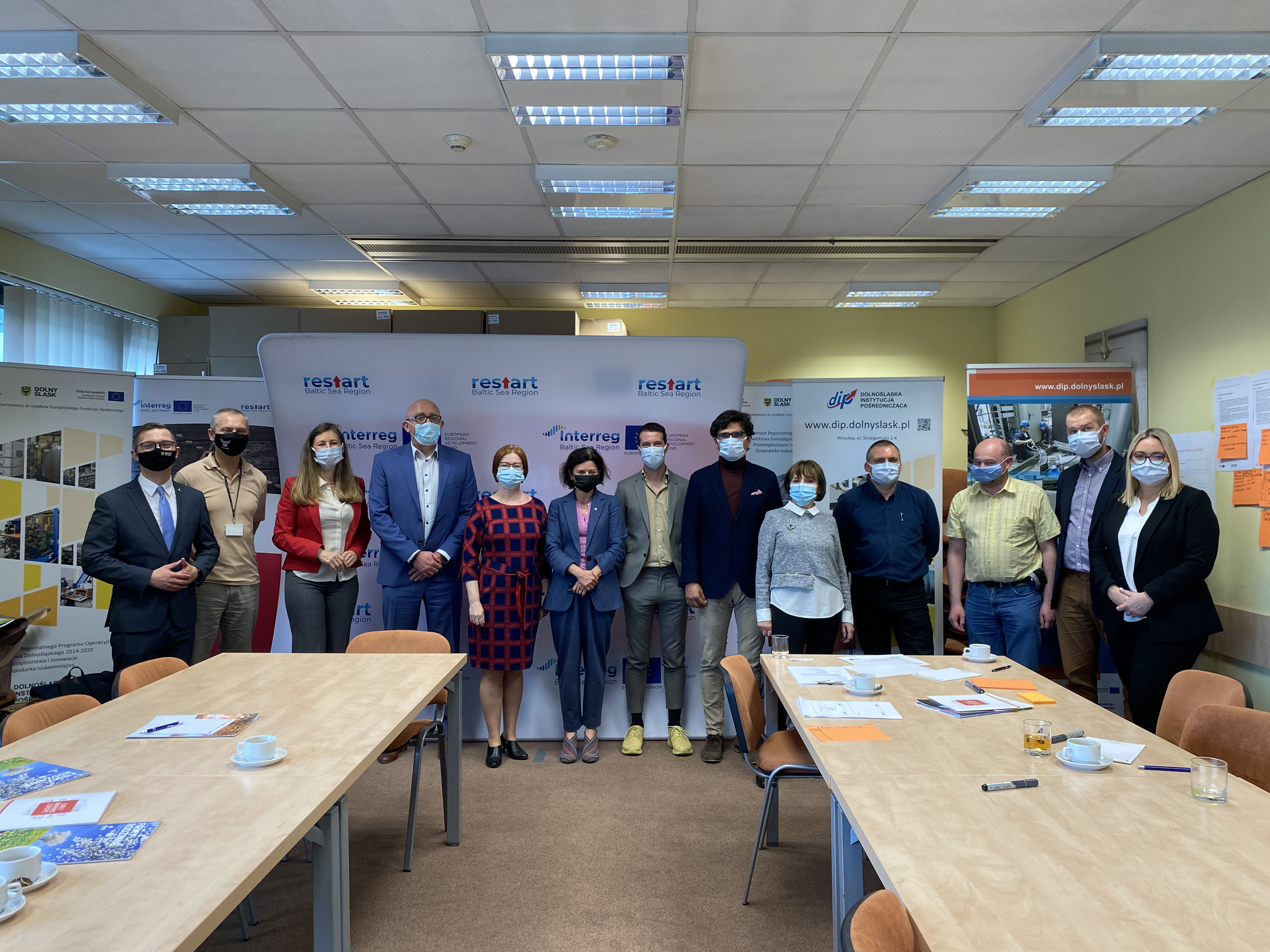
IV National Workshops for Poland
The aim of the 4th National Workshop in the Restart BSR program, organized on May 27, 2021
year at the seat of the Lower Silesian Intermediate Body, was to supplement and create by the Advisory Council the final version of the so-called Road map.
During the 4th workshop, many issues were discussed. At the beginning, representatives of the Company Foundation
Families paid attention to the status of other programs and projects as well as the introduced changes to the law in Poland. The Restart project is to complement the activities undertaken by the European Commission and the governments of the Member States. The assumptions of the Restart BSR project is to expand the idea of helping enterprises in a crisis and contact the legislator and present the developed recommendations, indirectly facilitating the implementation of new solutions.
Then the representatives of the FFR presented the current state of development of financial instruments
created to support Polish companies that found themselves in crisis, including those that suffered as a result of the pandemic.
Later, Patryk Filipiak, restructuring advisor, lawyer who follows the implementation of the Preventive Restructuring Directive took the floor. The directive defines the interests of creditors, and also protects financing issues, helping entities wishing to provide support services to companies in crisis. Finally, the directive also regulates the goals and model of debt relief. The procedures, according to experts, must be simplified. Ultimately, they emphasize, the directive will take into account all SMEs.
The participants of the meeting also discussed the New Chance Policy, which appeared in parallel to the government's anti-crisis shield program. It focuses on providing funds through cheap loans to entrepreneurs affected by the coronavirus pandemic. These distributes ARP.
FFR represents Poland within the RescEWE (Erasmus Plus) project. New tools created
to increase business resilience will be verified over time and then tailored to fit
measure, in order to adjust them to Polish reality. A framework for cooperation between the Restart BSR and ResC-EWE initiatives has been established. Participants will be able to share the tools developed under both of these projects.
To sum up the changes in the business environment caused by the coronavirus pandemic, no
way not to notice. Perhaps in 2 years it will be necessary to use the same
assets differently as the environment changes.
In the workshop part, the participants were divided into three working groups, each of which received one of the stages of the "entrepreneur support path" to develop:
1) RECRUITMENT PHASE
2) DIAGNOSIS STAGE
3) INNOVATION STAGE
Each group worked with reference to the information and recommendations developed by the Advisory Board at the three previous national workshops, as well as expert recommendations.
The comments were written down and included in the meeting report and will be used to create the final version of the roadmap for official bodies and entities. All suggestions introduce constructive modifications to the path of support for entrepreneurs in crisis and, according to the authors, should be taken into account at the stage of creating policies.
Early Warning programmes

Early Warning programmes – a new way to support small & medium-sized enterprises
The ongoing pandemic has highlighted the lack of innovative tools to help small and medium-sized enterprises (SMEs) confront crises. In Europe, experts are signalling that a new wave of bankruptcies is approaching. However, even before the pandemic, every year more than 200,000 European Union (EU) businesses go bankrupt, states the European Commission (2016). Yet, innovative Early Warning systems can play a central role in helping SMEs overcome crises before they even begin.
"Early Warning programme aims to help companies, which are facing difficulties, not only to inform about the impending crisis but also to provide them with targeted information on possible help/advice from experienced professionals. The experience of other EU countries shows that professional advice given at the right time helps businesses to avoid major crises. It also encourages companies to look for opportunities to direct their business to other markets and thus maintain further business growth," Inga Juozapaviciene, director of the Entrepreneurship department of a non-profit agency "Enterprise Lithuania", contributing to the development and implementation of a possible model for the Early Warning System in Lithuania, states.
Early Warning Program in the Baltic Sea Region
Baltic Sea Region (BSR) is home to some of the most innovative EU member states – Sweden, Denmark, Finland, Germany. The data from "Creditreform" shows that despite a decrease of bankruptcies in many of the BSR countries in 2015-2016, the number of bankruptcies is still well above the pre-crisis levels in all BSR countries, except for Germany. Indeed, the number of bankruptcies has been increasing in Denmark and Lithuania (Creditreform 2017).
In response to this issue, the „Interreg Baltic Sea Region“ project "Restart small and medium-sized enterprises in the Baltic Sea Region" ("Restart BSR"), coordinated by "Lower Silesian Intermediate Body", Poland, is addressing the need to develop early warning programs for SMEs.
"The "Restart BSR" project addresses not only the importance of helping companies during the crisis. It also highlights the need to develop tools to motivate owners of the companies, which are facing a business crisis or going bankrupt to identify operational difficulties, seek help and start other activities," Vilma Puriene, director of the Knowledge and Technology Transfer Centre of Vilnius Gediminas technical university (VILNIUS TECH), says. VILNIUS TECH is one of the "Restart BSR" project partners.
"A project consortium representing partners from Poland, Latvia, Lithuania, Denmark and Estonia, using the "Design Thinking" methodology, is developing action and tool maps to promote non-technological innovation for companies in stagnation or on the verge of bankruptcy to recover. National maps of support and mentoring actions and tools are being developed to focus on guidance and capacity building, and support for business owners in difficulty," Vilma Puriene states.
V. Puriene also highlights that, "the aim is to help the owner of a business in difficulty to re-start or restructure its business and to avoid bankruptcy, job losses and, in the long term, to enter a new path of growth and job creation".
Besides, according to V. Puriene, "the "Restart BSR" project also focuses on the policy dimension by involving innovation actors, enterprises, stakeholders and public authorities at all government levels in transnational policy dialogue and policy development".
The need for an Early warning program in Lithuania and Europe
The "Restart BSR" project correlates with Lithuanian, and the European Union need to develop Early Warning programmes and apply it in the member states.
A non-profit agency "Enterprise Lithuania", on behalf of the Ministry of Economy and Innovation of the Republic of Lithuania, in 2020 has presented alternatives for the implementation of the Early Warning System in Lithuania.
The implementation of the Early Warning System in Lithuania is also necessary due to the forthcoming implementation of Directive (EU) 2019/1023. One of the essential elements of this directive is the establishment of Early Warning systems within the EU countries by July 17, 2021.
Several European countries, including Germany ("Team U"), Denmark ("Early Warning Denmark"), Sweden ("Företagsjouren") and Poland ("Early Warning Poland"), have already launched crisis management programmes. Evidence shows that these programmes are not only helping society avoid the many negative consequences of bankruptcies, but they are also a cost-effective exercise in terms of lost taxes and saved unemployment payments.
V. Puriene also highlights the importance of BSR innovation performance. "Restart BSR" project aims to improve the innovation performance of the Baltic Sea Region countries. The use of innovation will provide better growth and job prospects in the region and increase the region's global competitiveness."
The "Restart BSR" project is part of the European Regional Development Fund program "Interreg Baltic Sea Region". Project coordinator – Lower Silesian Intermediate Body, Poland. Project partners – Design School Kolding, Denmark; Harju County Entrepreneurship and Development Consultancy, Estonia; Vilnius Gediminas Technical University, Lithuania; Latvian Technological Center Foundation, Latvia and Ministry of Economics of Republic of Latvia.








